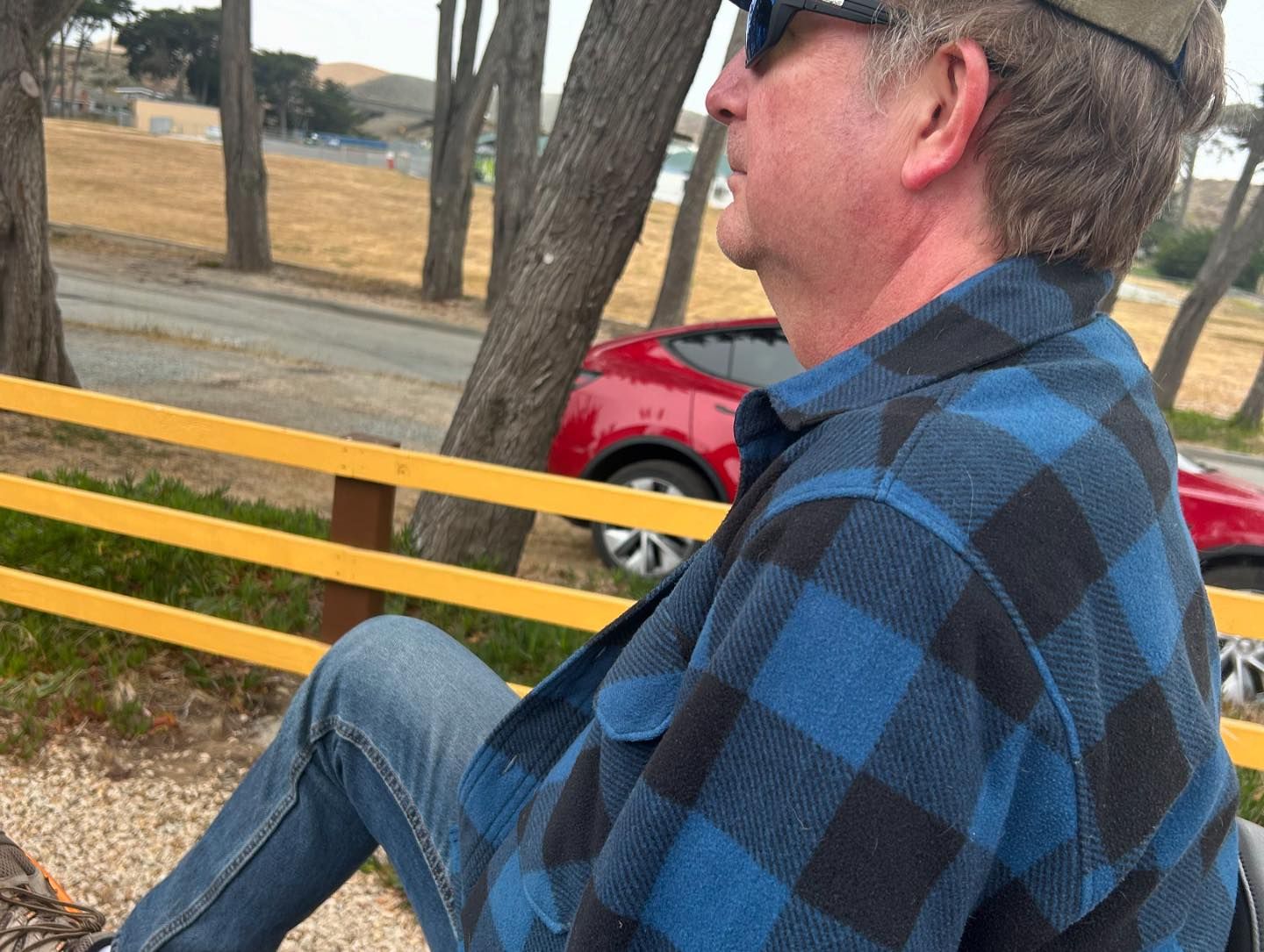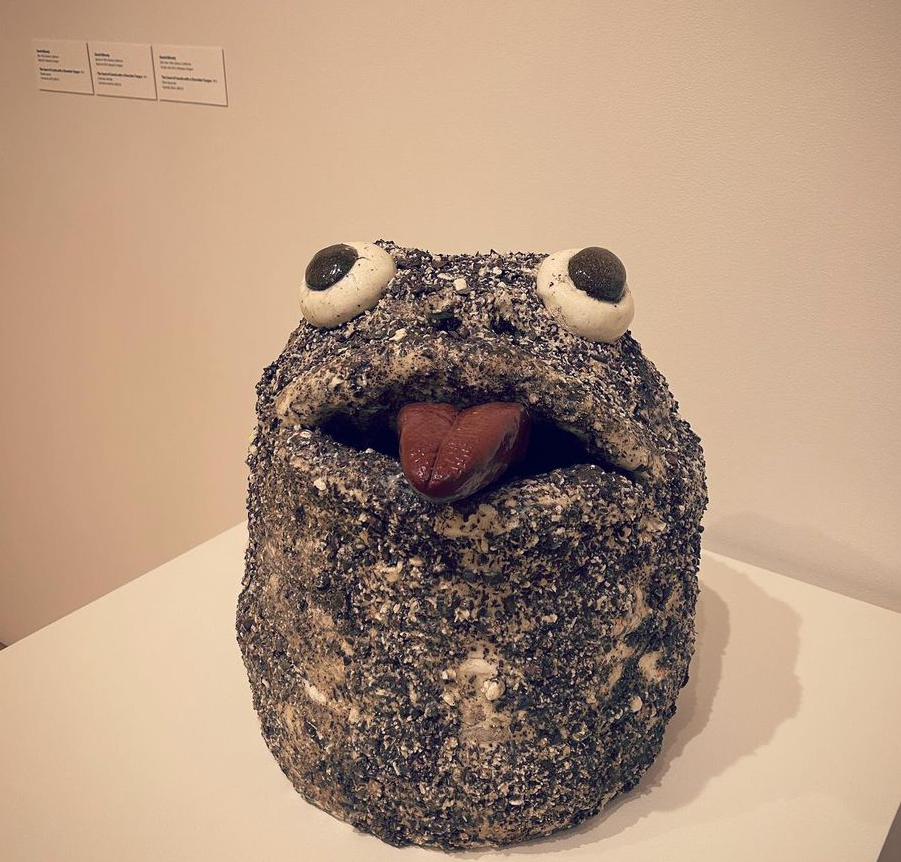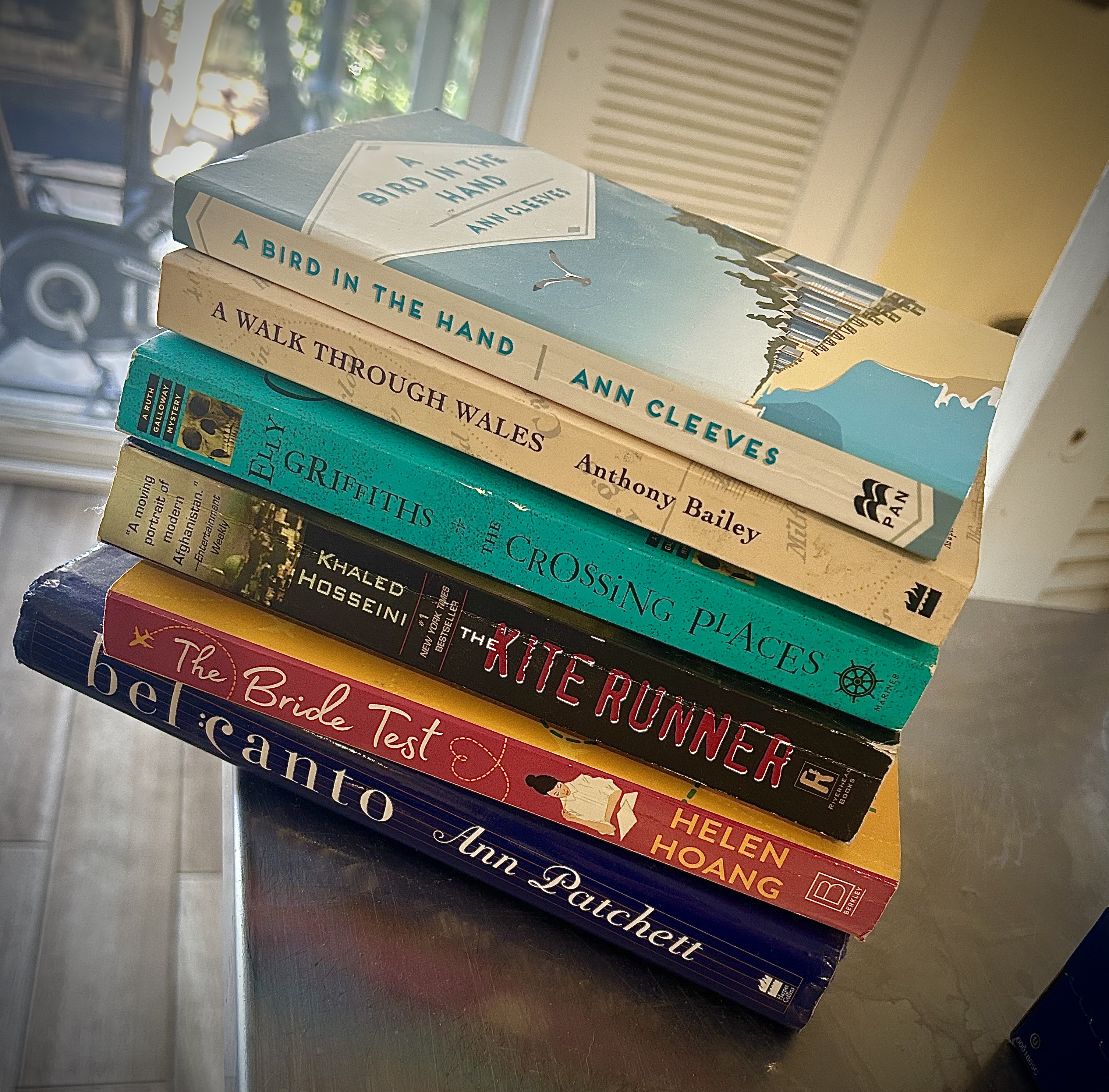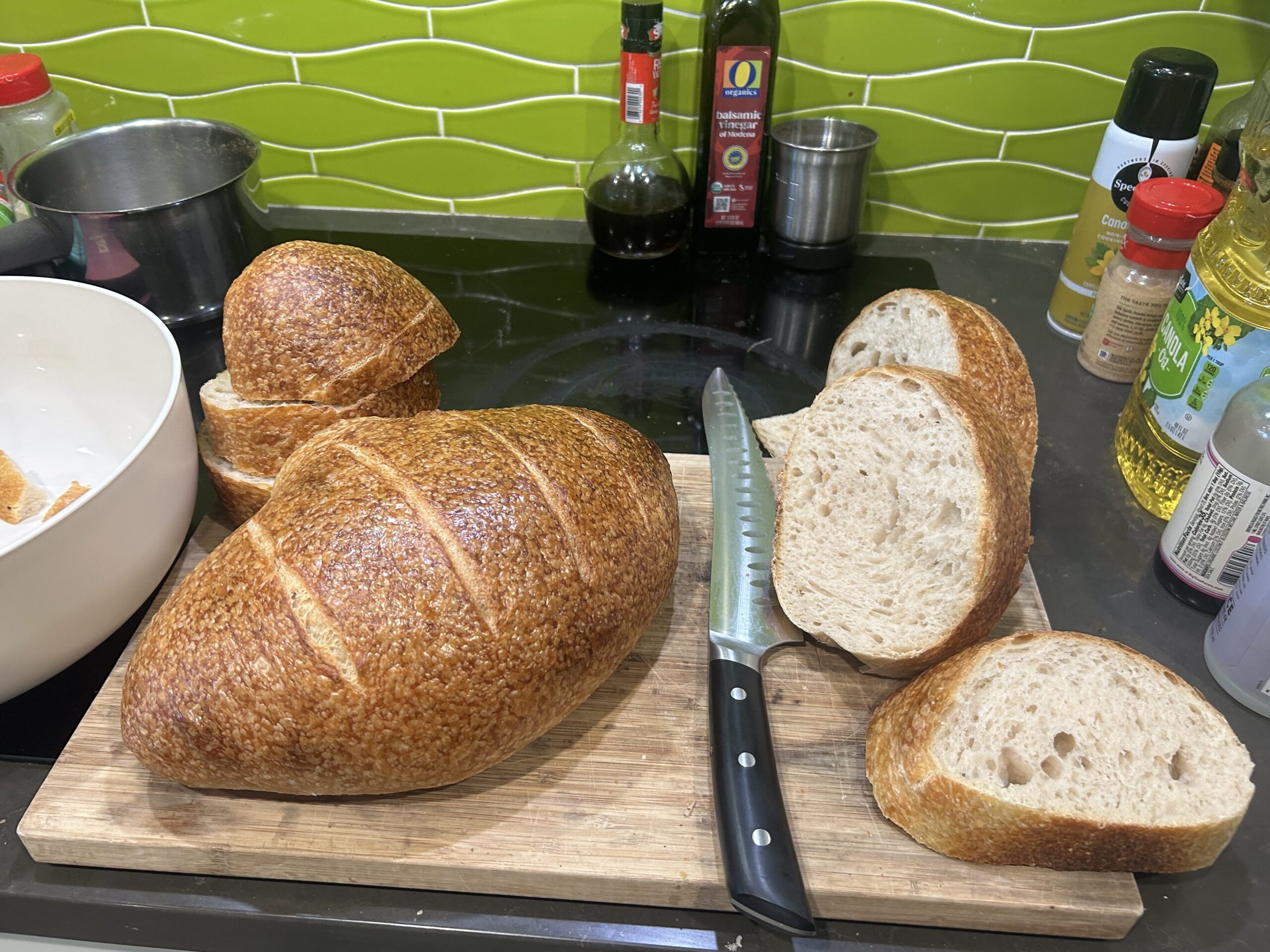 My husband is a software engineer, and he loves his work. He writes and troubleshoots code for a graphics card company every day. Then he comes home and writes more code.
My husband is a software engineer, and he loves his work. He writes and troubleshoots code for a graphics card company every day. Then he comes home and writes more code.
Because it’s so much fun.
But when my husband wants to share with me the thing he’s devoted most of his waking life to, I feel like I must strap myself to a rock and let the waves hit me. I buckle down, grit my teeth and lock my eyes onto his in a listening stance. I maintain constant vigilance over my thoughts. If left untended, they will wander the room like one of those Roomba automatic vacuum cleaners, pinging randomly off walls and veering under the furniture.
This morning was a good example. My husband and I went out for a breakfast date. After listening to my conversation, my husband said, “Can I tell you now? About that modification I made to the Minecraft clone I’m working on?” His eyes shine with the wit and elegance of the breakthrough he’s made in the game he’s programming. He’s been thinking about this for two weeks. This is big. He wants to share this with his wife.
So he begins. I try hard to focus. I try to picture what he’s saying in little drawings in my mind so that I can relate to all the intangibles. I have Sal Khan from Khan Academy in my head, helping me out with a play-by-play explanation on a white board. My husband is using words like stack and array, memory and processing speed.
Then suddenly, I veer. A fly is hovering over my husband’s head. Will it land? And where? Does my husband know there’s a fly over his head?
I start eating my food, and continue listening. He’s saying something about cubes in a stack. Okay, got it. Dang, this linguica is good. I’m smelling tarragon somewhere in the restaurant. Now that’s interesting. What breakfast food would have tarragon as an ingredient? Who would even think of that?
Sal Khan is rolling his eyes at my distraction, but he gently nudges me to return to the topic at hand. He draws a cute picture of Minecraft cubes in a stack to cajole me into listening. I return to the information I stored in my head–the last thing I remember my husband saying before I drifted. Something about some images in the game being stored as half cubes, not full cubes.
In an unexpected leap, my brain translates the information my husband has given me into big picture form. I am able to grasp what he is taking about. So this is it: He’s figured out a way for vertical stacks of repetitive graphics to be stored more efficiently so the game runs faster, and a way to make water look more realistic on the screen. I get it.
Sorta. Kinda.
“That’s kind of a big deal,” I tell him. “Doesn’t it make you want to go home to your computer and do this, right now? This is so much better!” In some weak way, I have been able to connect with what he’s been so excited about.
My husband’s face is lit up by the enormity of what he has done. And I see, through all my inattention, that it’s worth fighting the fight. It’s worth trying to stay connected through the techie bits.
If not for the subject of programming, which doesn’t interest me, then for my husband, who interests me very much.








